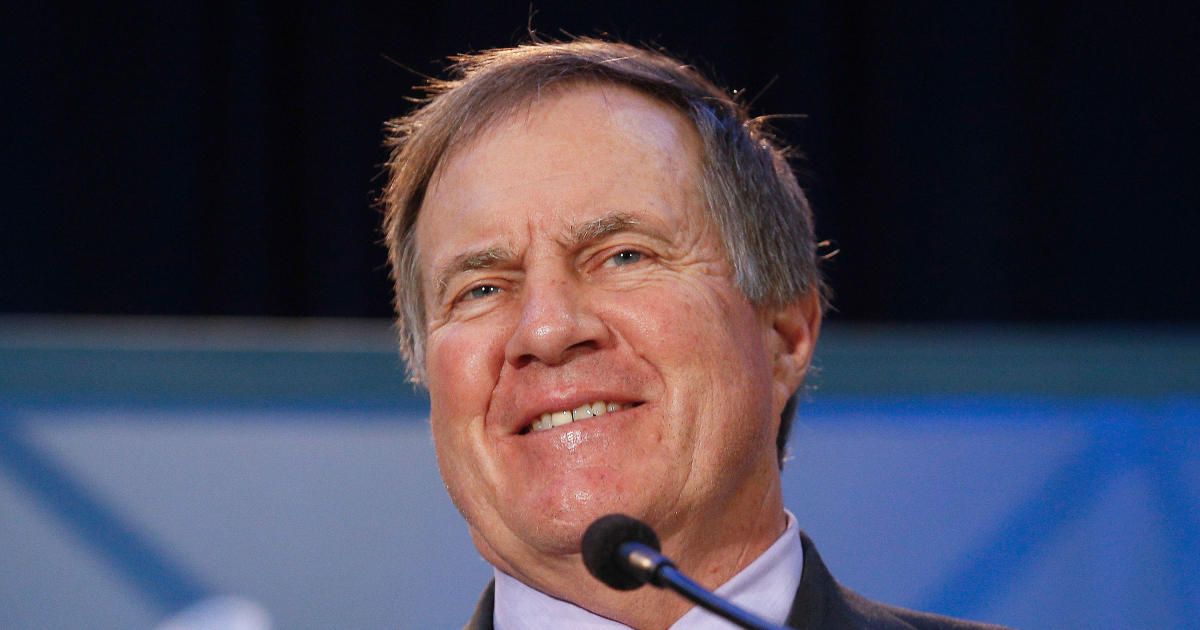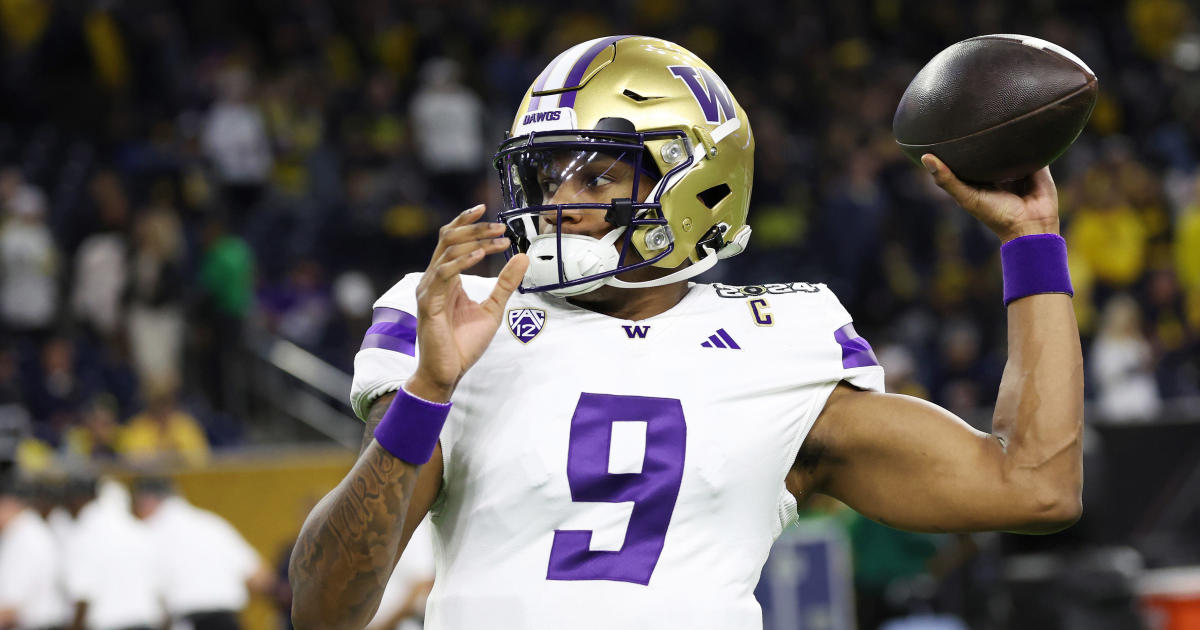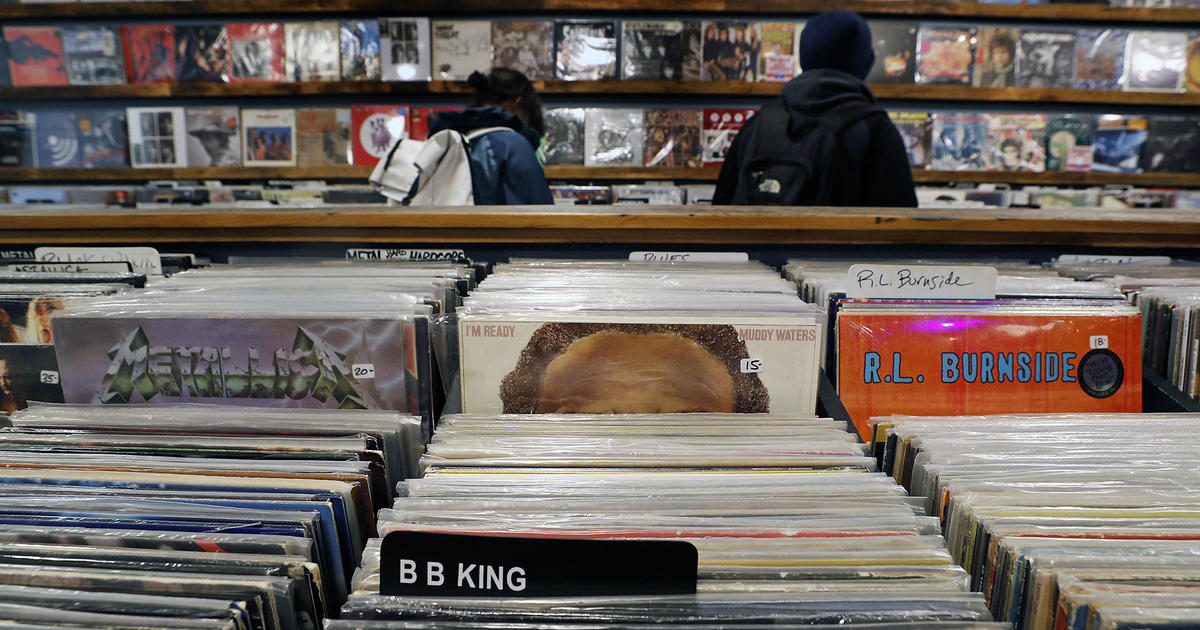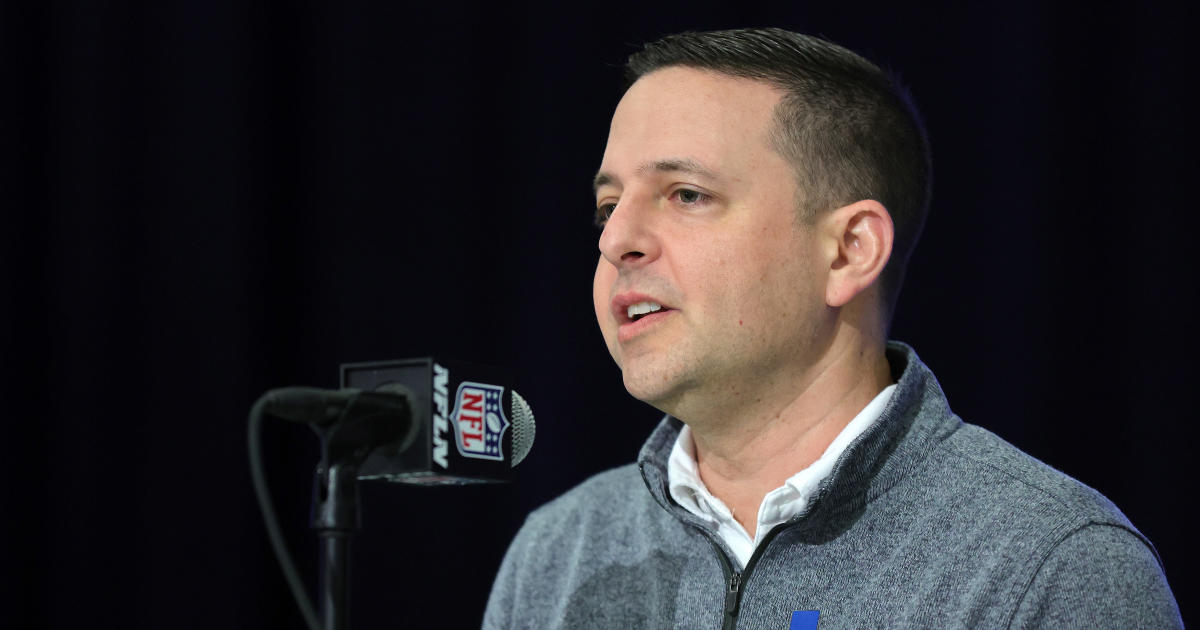Hurley: Russell Okung's Case For NFL Guaranteed Contracts Warrants More Attention
By Michael Hurley, CBS Boston
BOSTON (CBS) -- With many fans, there is often a disconnect with the men who make up the workforce of the NFL. Whenever a player complains about anything, no matter if that player is 100 percent in the right, there will always be a segment of society that responds with disgust. Why do I care what a millionaire athlete thinks or says when I'm slaving away every day just to make 50-grand?
Such a response may realistically be unavoidable, but it does always shine a light on how little is known about the financial landscape of the NFL. Whenever anybody considers all football players to be highly wealthy individuals, it overlooks quite a few critical areas. Notably, the short career lengths along with the short-term and long-term physical damage should not ever be dismissed by saying, "Well, they knew what they signed up for." Additionally, fans grumbling about high player salaries generally fail to consider that these men generate enormous revenue -- revenue which the average human can't even fully comprehend in a proper manner. Yet the players -- the very men who make the NFL and allow it to exist at all -- do not receive the lion's share of that revenue. It instead funnels into the pockets of the billionaire owners and the millionaire league executives.
And it's in that realm where NFL players are generally done the greatest disservice: their lack of guaranteed contracts. It always generates headlines and discussion whenever a star quarterback signs a big-money deal; it's almost never mentioned when a player whose body is ruined, who's no longer fast or strong enough to keep up with the next crop of bodies entering the league, gets cut unceremoniously at the end of training camp, forced to fend for himself at age 30, having earned a modest NFL salary for six years and not really being totally equipped or prepared to do anything else. Considering the dedication it takes to be among the 1,700 or so active NFL players, it's rare for a player to spend any time in his teens or 20s preparing for the job that will come after football. Yet in an instant, with one transaction, a team can cut all ties with a player and kick him to the curb, so to speak.
Again, it's an issue that might not engender much sympathy from the American working class, or from anyone who still considers playing professional football to be an ultimate dream job. Nevertheless, it's an important issue to at least try to understand, especially as the expiration date of 2020 on the current collective-bargaining agreement rapidly approaches. And a series of tweets from veteran offensive lineman Russell Okung help shed a lot of light on the matter.
On July 3, Okung took to Twitter to get something off his chest. Here's his message.
Of course, as with anything on the internet, Okung's message was met with resistance. Because it involved sports and a man who's made tens of millions of dollars, there were plenty of responses from people who reminded Okung and all NFL players that "they signed up for it" and they can just quit because "there are a million people who'd love to take their place."
That's fair, technically, but again, it overlooks so much. It costs a few thousand bucks to see Bruce Springsteen or "Hamilton" on Broadway; it's free to watch your niece in the school talent show or your nephew in his after-school production of "Peter Pan." People pay a premium in order to watch and experience what is considered to be the best product in the world. While the money paid from customers obviously needs to get spread out to pay for things like a venue, production and promotion, it's not really a matter of debate that Bruce Springsteen ought to earn the most money from the people who shell out massive lots of cash to see Bruce Springsteen.
In the NFL, though, it's different. Some players strike it rich and set themselves up for life, but most don't. The average career length for an NFL player is about three years. It doesn't matter your salary is; three years of working is not enough to set up anybody for life. The average NFL salary is $1.9 million. So if you're lucky enough to be an "average" NFL player, you'll make about $6 million in salary before you fall out of the league in your mid-20s. With taxes and agent fees and costs of living, you're lucky if you're left with half of that money as you begin your post-football life, and you better hope your body and your brain are functioning well enough to give you hope in that endeavor.
Being an NFL player is just not exactly the glitz and glam lifestyle that can be depicted in TV shows or movies. It's a bit more real.
The fact is, there's no sport like football when it comes to all of this. Thursday Night Football is generally considered to be the worst product that the NFL has to offer, yet Fox just ponied up $3 billion to buy the Thursday night package. That's because, despite the occasional terrible quality of games, the ratings do not lie. Fox will make money on that deal, just as the league's owners will make money on that deal.
Players, though, won't necessarily see a tremendous pay increase, and they'll also be asked to play a game just four days after playing another game. That's not enough time for the human body to recover, but, well, the league has TV contracts to honor. And if a middling player suffers an injury in that game? His contract will get sent to the shredder.
That's the reality that NFL players live. They'll certainly never garner sympathy from some people, but the message isn't really about sympathy. It's about the fact that the league does not value its players and would prefer to keep things that way for as long as possible. The more educated and forceful the players can be when it comes time to negotiate that next CBA, the better chance the players have to actually improve the system that's not working for too many of them.
The NFL reels in $13 billion per year. Three TV networks each cough up more than $1 billion to air the games, for which they sell 30-second ads at a cost somewhere between $400,000 and $700,000. Add in the league's separate sponsorship deals, as well as the merchandise and ticket sales, and the league makes so much money that it can afford to pay the commissioner as much as $30 million a year.
The players? It's getting slightly better for them, as the salary cap has increased by nearly 50 percent since 2011. Some of the contracts you've seen splash across the headlines this offseason -- Kirk Cousins, Sammy Watkins, Jimmy Garoppolo, Trey Burton, Marqise Lee, Albert Wilson, Nate Solder, Malcolm Butler, etc. -- are indicative of the players getting a slightly larger piece of the slightly larger pie.
But in the players' eyes, there is work that needs to be done. When it comes time for CBA negotiations to begin in earnest, don't be surprised to see the players fighting for some semblance of stability and at least some assurances that contracts should be honored. Considering the players are the league, that shouldn't be asking too much.
You can email Michael Hurley or find him on Twitter @michaelFhurley.



